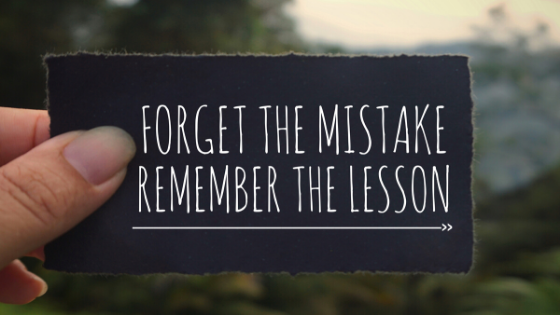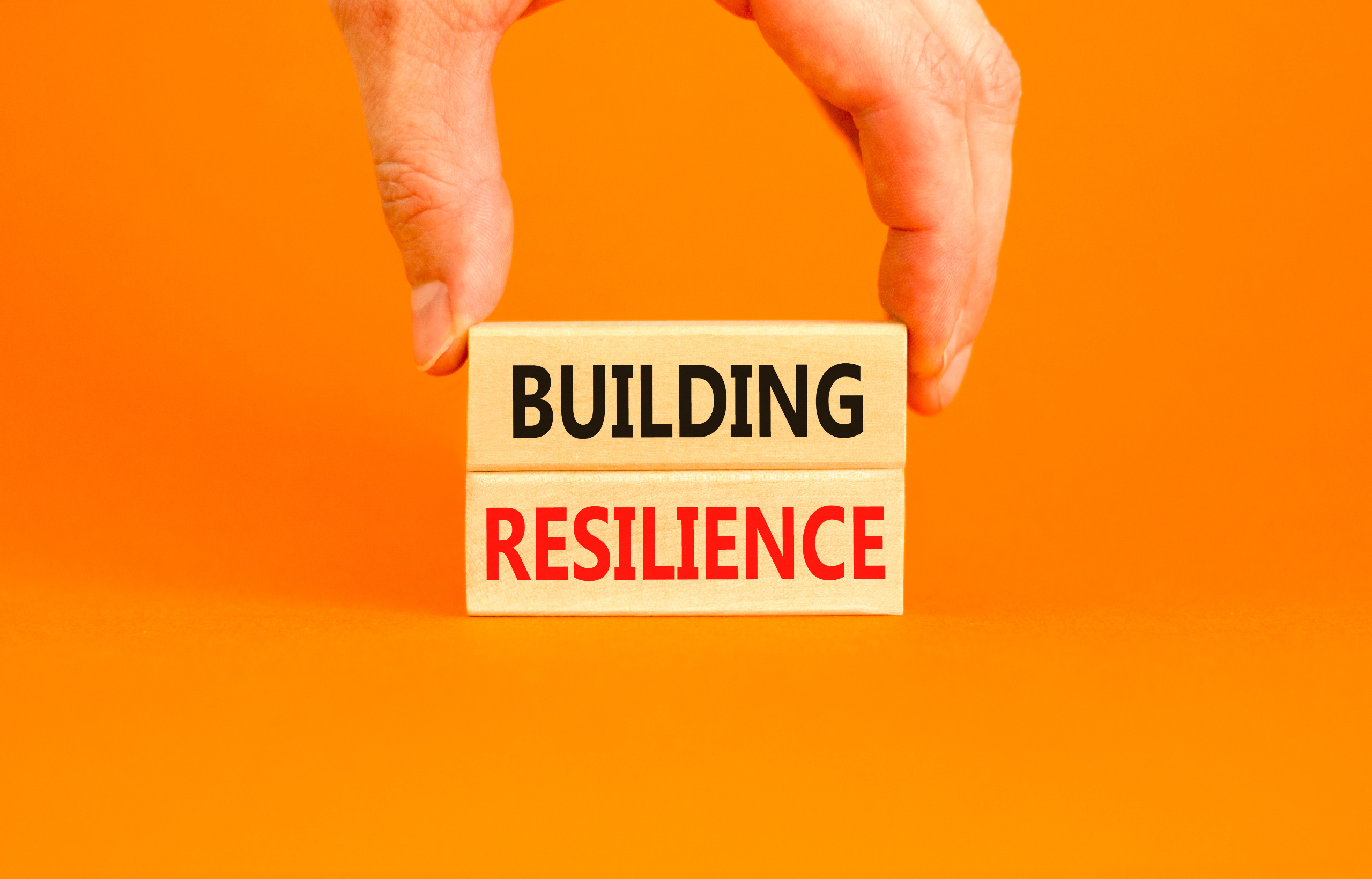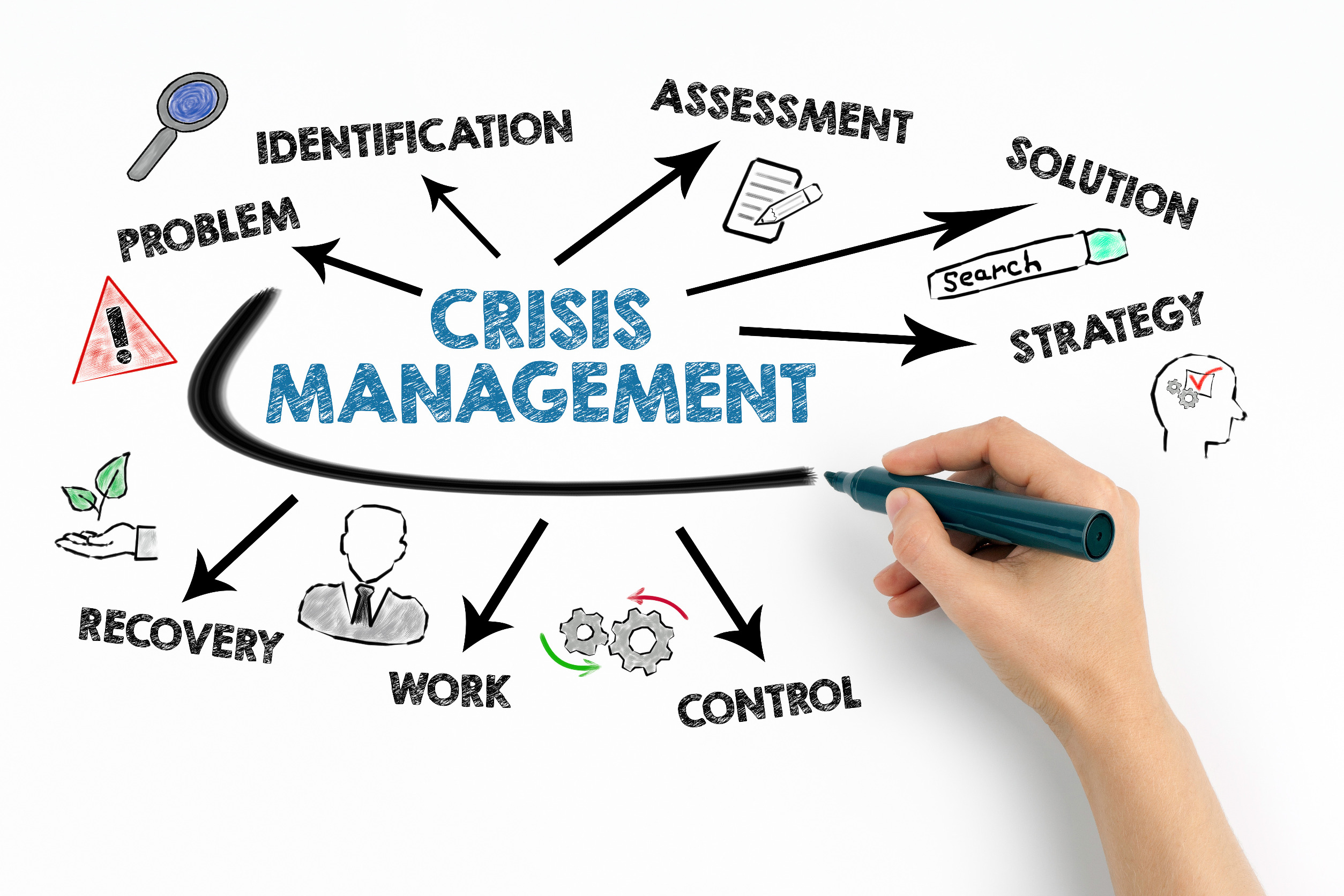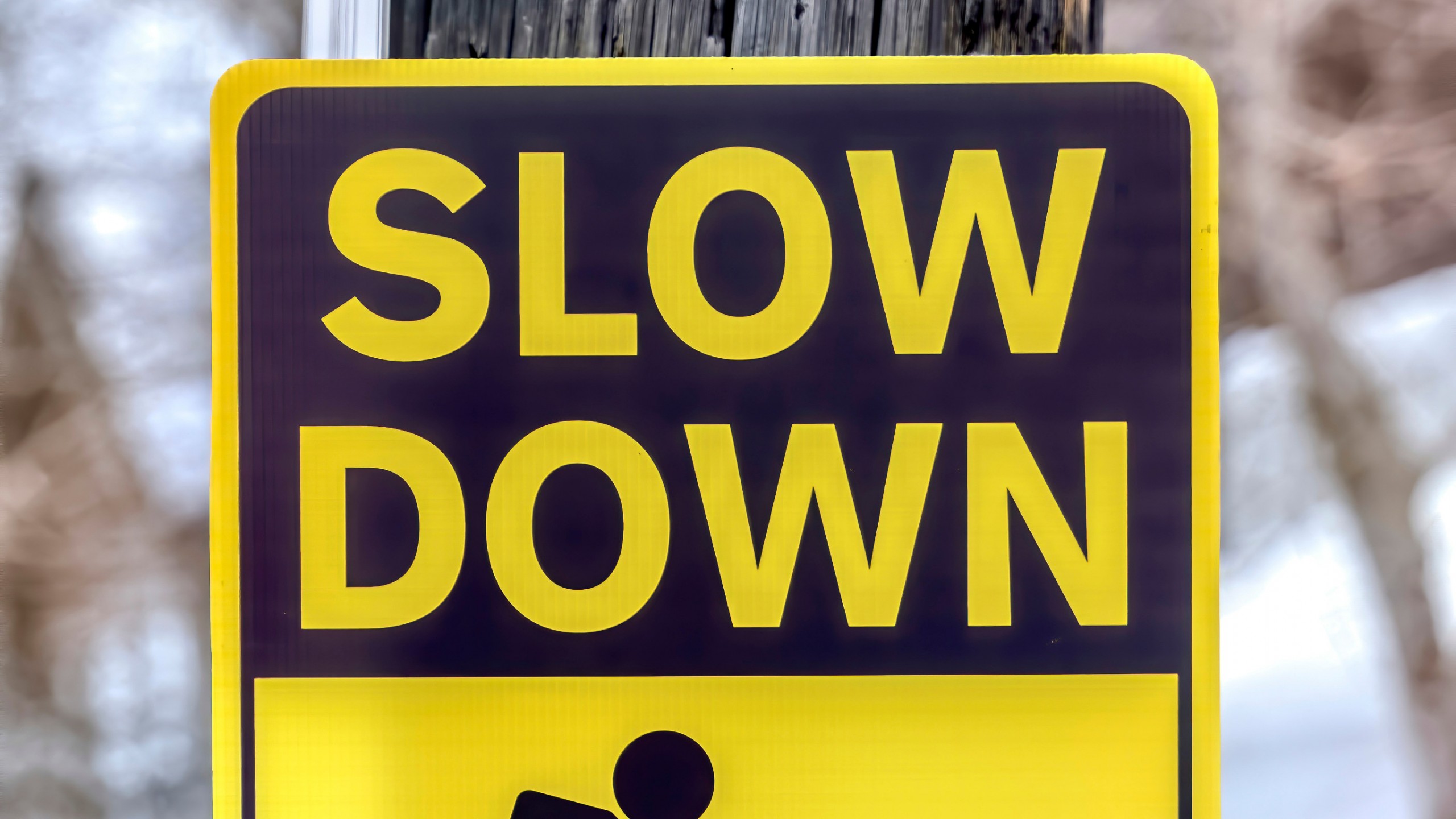Mistakes happen. Then what?
More often than not, avoidance of responsibility, cover-up, “fix it quick”, or the blame game take over. All of these are evidence of a culture that is flawed. After all, mistakes happen.
In their article “High Performing Culture Allows Mistakes,” the HPO (High Performance Organization) Center writes, “Research shows that people in a High Performing Culture learn more effectively from their mistakes than from their successes and that knowledge from mistakes depreciates more slowly than knowledge from success.” Yet most of us learn from an early age that there is something wrong with mistakes. Parents, teachers, competitors, teammates, friends, coaches, and others all tend to deliver this message over and over again.
It’s no surprise that most organizations have cultures (and supervisors, managers, and leaders) that look askance at mistakes, and at those who make them. The HPO Center article goes on to say, “Managers in a High Performing Culture therefore actively promote undertaking experiments and learning from mistakes. They permit employees to take risks, are willing to take risks themselves, and convey that mistakes are an opportunity to learn. Managers in a High Performing Culture have a tolerance for failure and setbacks, they don’t play the blame game, the focus is on remedying and improving. People do not need to cover up their mistakes but can openly discuss these and subsequently learn from them.” While they make the point that not every mistake is acceptable (think health and safety), this is still a very different environment in which to work.
The article then goes on to offer a number of suggestions on how to create a high performing culture that allows mistakes.
- “Create an understanding in the organization of the kinds of mistakes and failures that can be expected to occur in a given work context and why openness about the mistakes is important to be able to fix them and learn from them.
- “Embrace messengers of mistakes openly, so that people who come forward with mistakes are rewarded rather than punished.
- “Be open about the mistakes that you have made and that you cannot fix alone, this will encourage others to do the same. An interesting ‘by-product’ of owning up to your mistakes is that it actually increases trust of your employees in you.
- “Invite participation by asking for observations and ideas and creating opportunities for people to detect and analyze mistakes and failures and promote intelligent experiments.
- “Set boundaries to make clear what is and what isn’t acceptable and hold people accountable. If someone is punished, tell those directly and indirectly affected what happened and why it warranted punishment.
- “Introduce ‘the blunder of the week’ on the agenda of meetings. All persons present have to state their biggest goof-up of the past week – which shouldn’t be something minor like “I forgot to return your call”- and which should be accompanied with the things the person learned because of the mistake. The first person to always start owning up should be you, so that a High Performing Culture of safety is created for everybody to speak freely.”
How does your organizational culture respond to mistakes? What can you do differently to move the culture that you can influence to one that accepts that mistakes happen?

























